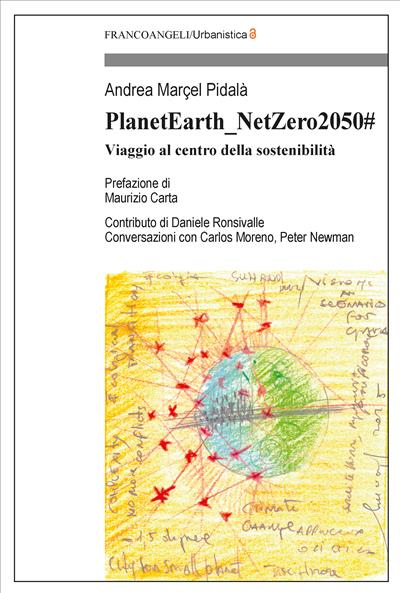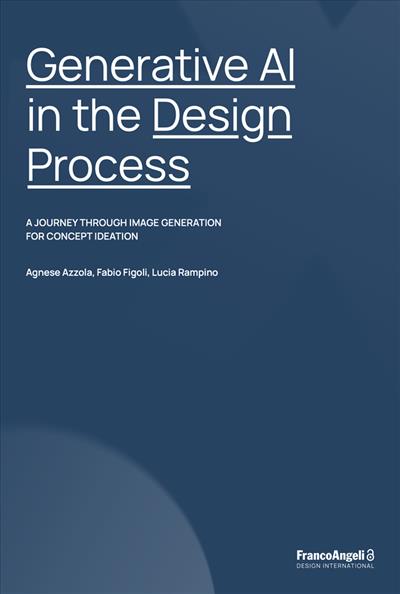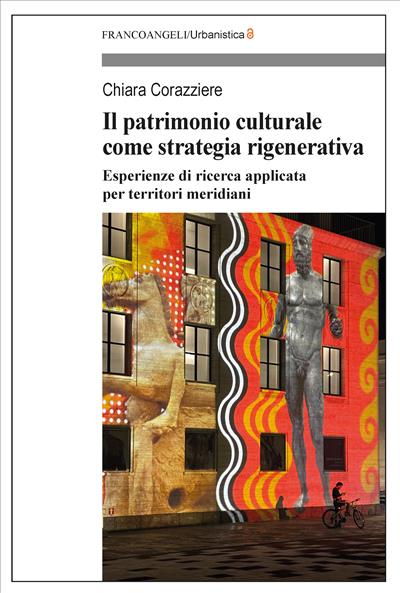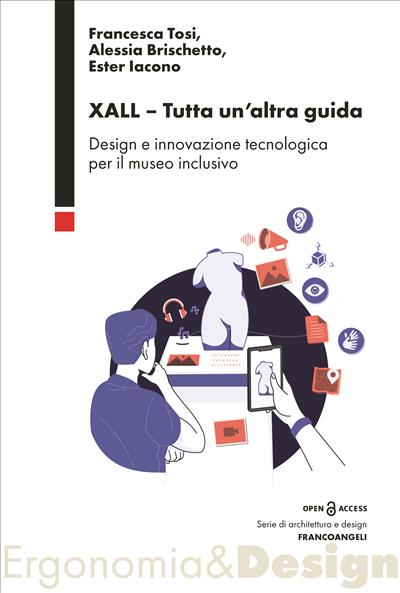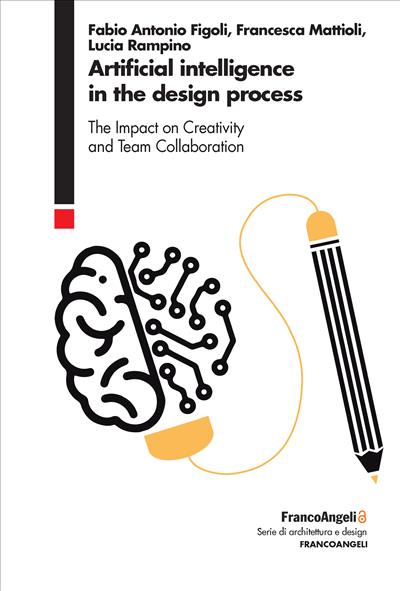
Fabio Antonio Figoli, Francesca Mattioli, Lucia Rampino
Artificial Intelligence in the Design Process
The Impact on Creativity and Team Collaboration
The book discusses how to include artificial intelligence (AI) systems in the early stages of the design process. AI could significantly impact the creative phases of the design process if applied consciously. The book treats the Human-AI collaboration as a collaboration between human agents, proposing a set of guidelines helpful to achieving an efficient partnership with the machine.
Pages: 120
ISBN: 9788835134640
Edizione:1a edizione 2022
Publisher code: 10085.9
